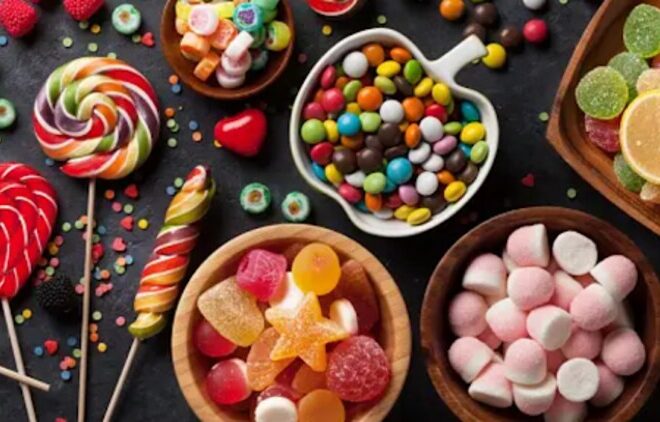
The Role of Packaging and Branding in Differentiating Private Label Energy Drinks
In the fiercely competitive beverage market, energy drinks have carved out a significant niche, appealing to consumers seeking a quick energy boost. While established brands dominate the market, private label energy drinks are gaining traction, presenting a unique challenge and opportunity for retailers.
In this article, we delve into the crucial role packaging and branding play in differentiating private label beverages like energy drinks.
Understanding the Market Landscape
Before delving into packaging and branding strategies, it’s essential to grasp the dynamics of the energy drink market. The market is saturated with well-established brands like Red Bull, Monster, and Rockstar, which have built strong brand identities over the years. These brands invest heavily in marketing, creating a formidable barrier to entry for newcomers.
However, private label energy drinks have emerged as a viable alternative for retailers looking to capitalize on the growing demand for energy beverages. Private labels offer energy drink manufacturers greater control over pricing, margins, and product positioning. But to succeed in this competitive landscape, effective packaging and branding are paramount.
Packaging: The First Impression
Packaging serves as the initial point of contact between the product and the consumer. It not only protects the product but also communicates vital information and influences purchasing decisions. For private label energy drinks, packaging must strike a balance between standing out on the shelf and conveying value to the consumer.
- Distinctive Design: Private label energy drinks must invest in eye-catching packaging designs that differentiate them from established brands. Vibrant colors, bold typography, and unique graphics can help capture consumers’ attention amidst a sea of competitors.
- Functional Features: In addition to aesthetics, packaging should offer functional benefits that enhance the consumer experience. Ergonomic shapes, resealable caps, and convenient serving sizes can contribute to a positive perception of the product.
- Clear Messaging: Effective packaging communicates the product’s key attributes and benefits clearly and concisely. From energy-boosting ingredients to nutritional information, transparent messaging builds trust and informs purchase decisions.
- Sustainability: With growing environmental concerns, sustainable packaging has become increasingly important. Private label energy drinks can differentiate themselves by opting for eco-friendly materials and highlighting their commitment to sustainability on the packaging.
Branding: Building a Strong Identity
Branding goes beyond the visual elements of packaging; it encompasses the overall perception and reputation of the product. For private label energy drinks, branding is an opportunity to create a compelling story and connect with consumers on a deeper level.
- Brand Story: Every successful brand has a story that resonates with its target audience. Private label drinks can leverage their unique origins, quality ingredients, or commitment to health and wellness to craft a compelling narrative that sets them apart from competitors.
- Target Audience: Understanding the target demographic is crucial for effective branding. Private label beverages should tailor their messaging, tone, and imagery to appeal to specific consumer segments, whether it’s fitness enthusiasts, gamers, or busy professionals.
- Consistent Branding: Consistency is key to building brand recognition and loyalty. From packaging design to marketing communications, every touchpoint should reflect the brand’s identity and values cohesively.
- Engagement and Community Building: Building a community around the brand fosters customer loyalty and advocacy. Private label energy drinks can engage with consumers through social media, sponsorships, and events, creating a sense of belonging and fostering brand evangelism.
Conclusion
In the competitive landscape of energy drinks, private label offerings face the challenge of differentiating themselves from established brands. Effective packaging and branding are instrumental in this endeavor, helping private labels capture consumer attention, communicate value, and build brand equity.
By investing in distinctive packaging designs, crafting compelling brand stories, and engaging with their target audience, private label energy drinks can carve out a unique space in the market and compete effectively against industry giants.



